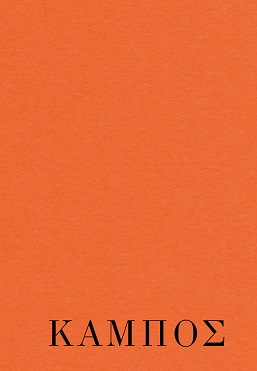
Title:
Campos
Author:
Stratis Vogiatzis
Epilogue:
Stavros Stavridis
Kind:
Prose
Publications:
AGRA
Language:
Greek
Year of circulation:
2021
Pages: 168
Dimensions: 21 x 14
Agra Publications make an invitation to the presentation of the book by STRATIS VOGIATZIS
“CAMPOS”
on Wednesday 5 October 2022
at 7.30 p.m.
at the garden of the Association of Greek Archaeologists
134 Ermou Street, Thiseio
Campos will be presented by its creator
in the form of an audiovisual narrative with words, sounds and images,
with the participation of the composer Chrysanthos Christodoulou
and the actress Cleopatra Markou.
The speakers will follow:
Stavros Stavridis, Professor of Architecture.
Kostas Dementzos, Professor of Pharmaceutical Sciences and Nanomedicine, author.
Eva Stefani, director
Dimitris Tsiuhlis, environmentalist, author
and photographer and author of the book, Stratis Vogiatzis.
Stratis Vogiatzis introduces us to the Kambos of Chios, a place of prominent Greek families of the diaspora, with its coats of arms and mansions, its orchards with citrus trees and a continuous habitation in time from the 14th century onwards. The narrator of the book, as a porous creature, wanders through the topography of Kampos, browsing historical archives, interacting with the inhabitants and animals of the place, taking photographs, recording testimonies, accumulating evidence which he sorts and rearranges・but as he observes, the more he brings together the various pieces of the puzzle, the more enigmatic the picture that is revealed becomes.
Through these symbioses that emerge and intertwine rhizomatically as a peculiar kind of fractal, the author questions suggestively and with a good deal of irony those forces that conspire and unseenly constitute the character of each place, the meaning of habitation in a faltering Western civilization and an animistic nature that sprouts alongside it.
In the end, Campos is transformed into a mosaic of parables and stories, images fictional or real, events and letters from the past, biographies of people, newspaper clippings, childhood memories and impressions of the narrator who, through digressions, digressions and repetitions, playfully assembles. It is difficult to say after reading the texts and viewing the images whether Campos is a real or a mythological place, whether we are dealing with an anthropological investigation or a fairy tale, a political play or a parody of situations, or ultimately all of these together.
For all the excitement of exploring this fictional place, the reader soon finds himself trapped in a labyrinth, wandering in a space of heightened entropy where animals gradually displace humans, memories generate new spatial associations, and mystery constantly undermines rationality. As the great Alec Soth notes, there is only one message we can understand when we penetrate through the high walls into the world of Kabu: ‘we are lost in paradise’.
I imagine Kambos not as an isolated island in the middle of nowhere, but as a network, like the network of the Diaspora’s Chios, in which infinite synapses, pacts and associations take place, an enigmatic spatiality that pulsates with movement, giving space for the various potential realities to express themselves, symbiotically through each other.
– STRATIS VOYATZIS
“Animals entered our imagination first and foremost as messengers and as promises,” writes John Berger in Why We Should Look at Animals.
In his remarkable book Campos, Stratis Voyageis returns to our imagination an extraordinary range of animals.
But whether we see a peacock spreading its wings like a fan or a goat looking in the mirror, the promises these animals hold for us are inscrutable; as for the lone figures that wander through Voyajis’s magical landscapes, there is only one message we can take away: We are lost in paradise.
– ALEC SOTH
Scenes, aspects, fragments, images, moments of Kampos.
Their creator attempts to provide us with a thread that accompanies them on their entry into our memories and daydreams It is not the perpetual wandering of meaning from association to association, from interpretive whim to interpretive find. It is about the construction of common places of meaning through those gestures that make meaning a place of encounter. Perhaps it is in these gestures, deeply imperfect and constantly exposed to the particularities of each and every one of us, that the coupling of the individual with the general, the particular with the repeatable, of Stratis’ Kabos with the camps of our shared dreams and our shared memories, is to be found.
– STAVROS STAVRIDIS
The world of Kambos is a hidden world that crawls behind the high stone walls that protect it from the prying eyes of passers-by. In such a peaceful world, immune to the hegemonic narratives, myths, beliefs, events and memories live together, constantly intertwined with the presence of tree and plant people. At these points of contact between the human and non-human worlds, an intermediate space is born, inhabited by a hybrid life, full of contradictions and paradoxes, constantly changing from one form of existence to another. In Cabo, the limitations of gender, identity or space are lifted and existence is subjected to a constant transformation, a perpetual alternation, from caterpillar to butterfly, from male to female, from dead to living, legitimizing and giving value to the inhabitation of exception. Campos is an attempt to narrate these encounters of fermentations and, by extension, of formations. These symbioses, ‘co-occurrences’ as Donna Harraway calls them, challenge the anthropocentric representation of the world and constitute a new more resilient model of inhabitation in the coming climate crisis.
– STRATIS VOGIATZIS
Short biography of the author
Stratis Vogiatzis was born and raised in Chios. He has published five books of his work and has directed several independent documentaries and films. He is the founder of the Caravan Project, a cultural action aimed at community empowerment and the creation of interdisciplinary artistic projects. (www.stratisvogiatzis.com )







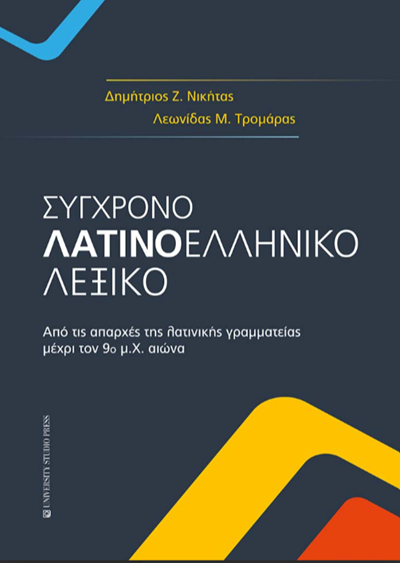
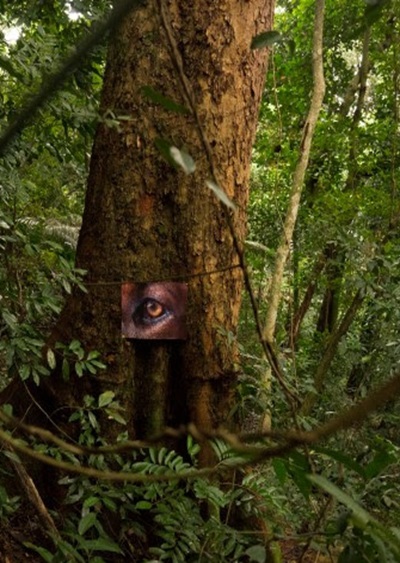
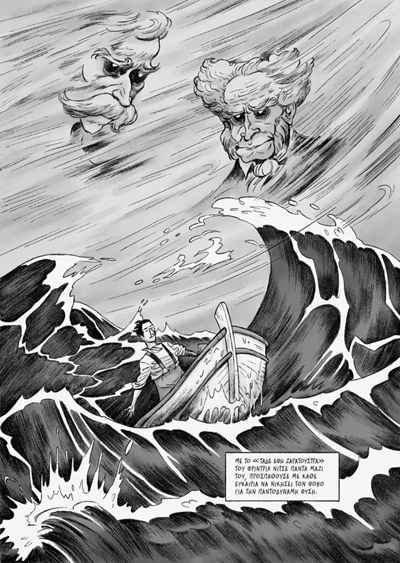
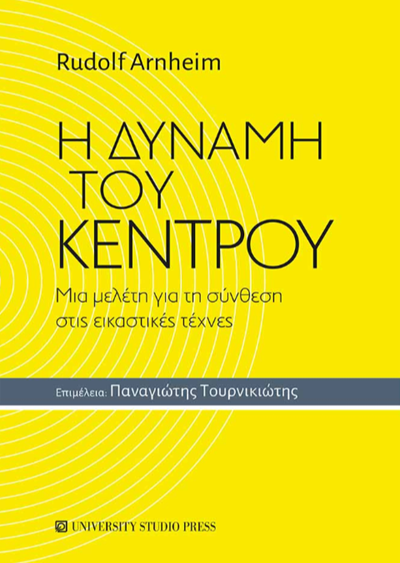


Leave A Comment